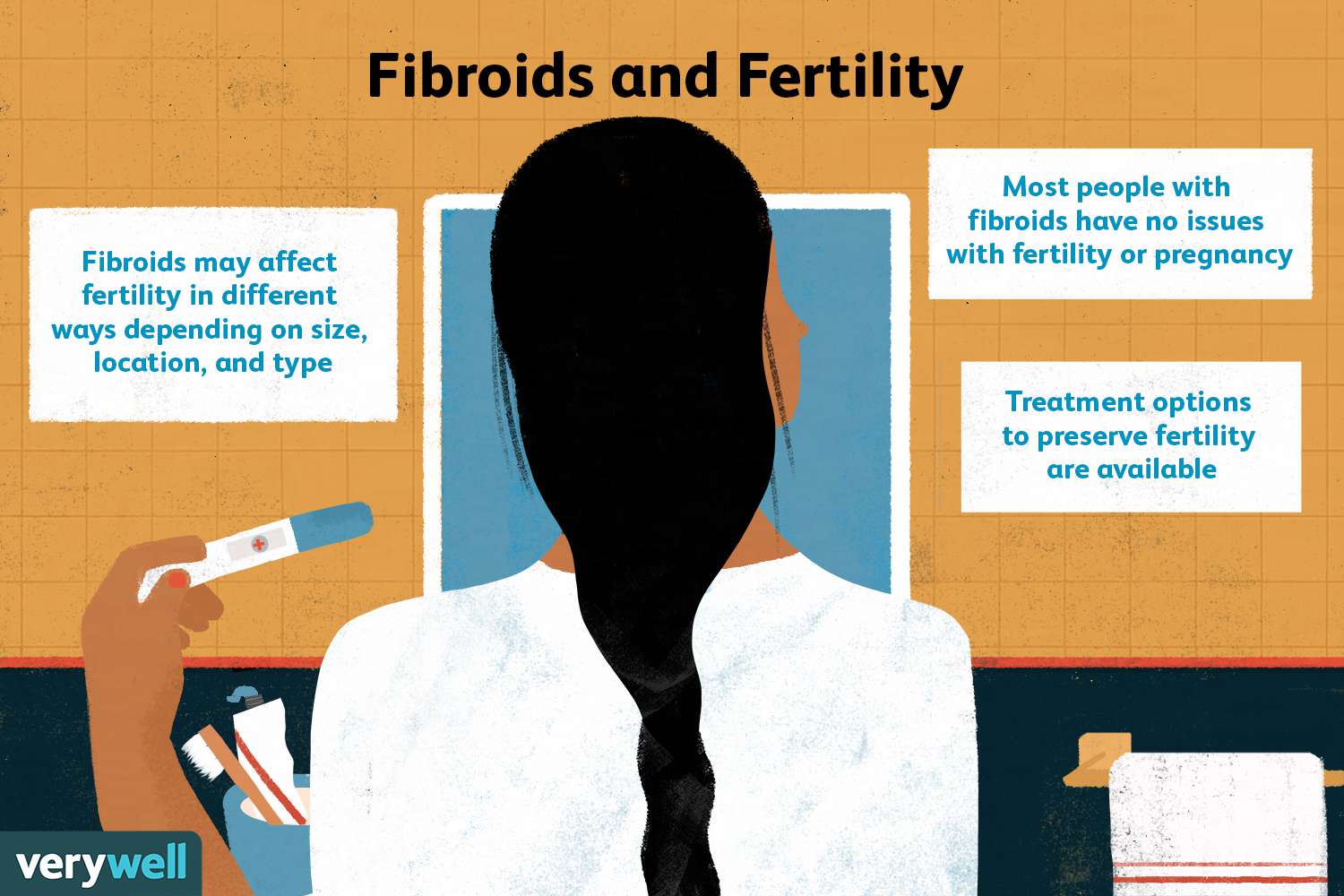Yes, uterine fibroids can potentially affect fertility and pregnancy. Here’s how:
- Fertility: Depending on their size and location, uterine fibroids can interfere with fertility. Fibroids that block the fallopian tubes or obstruct the cervix can make it difficult for sperm to reach the egg or for a fertilized egg to implant in the uterus. Additionally, fibroids can disrupt the normal functioning of the uterine lining, affecting embryo implantation.
- Pregnancy: During pregnancy, fibroids may cause various complications, including:
- Miscarriage: Fibroids can increase the risk of miscarriage, especially if they are located near the uterine lining or interfere with the blood flow to the placenta.
- Preterm Birth: Large or multiple fibroids can lead to preterm labor and delivery. They can obstruct the uterus’s ability to expand properly, triggering contractions prematurely.
- Breech Birth: Fibroids can obstruct the birth canal, increasing the likelihood of a breech birth (when the baby is positioned feet-first instead of head-first).
- Cesarean Section (C-Section): In some cases, fibroids can obstruct the birth canal, necessitating a C-section delivery.
It’s important to note that not all women with uterine fibroids experience fertility issues or pregnancy complications. Many women with fibroids have successful pregnancies. However, if you have fibroids and are planning to conceive or are already pregnant.
It’s essential to discuss your condition with a healthcare provider, Dr. Deepika Doshi, Fibroid Specialist in Borivali. They can monitor the fibroids and provide guidance on how to manage any potential risks during pregnancy. In some cases, treatment or surgical intervention may be recommended to optimise fertility or reduce pregnancy complications associated with fibroids.

